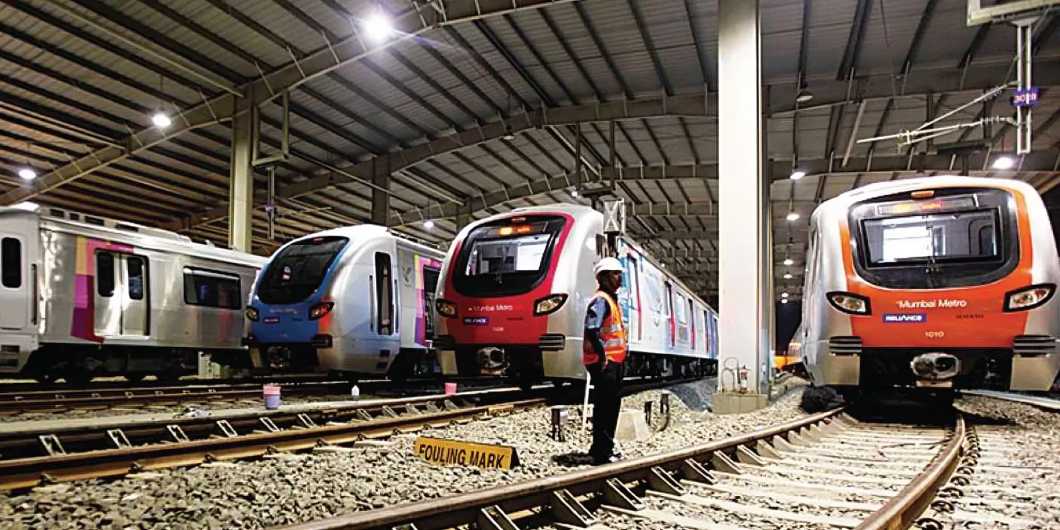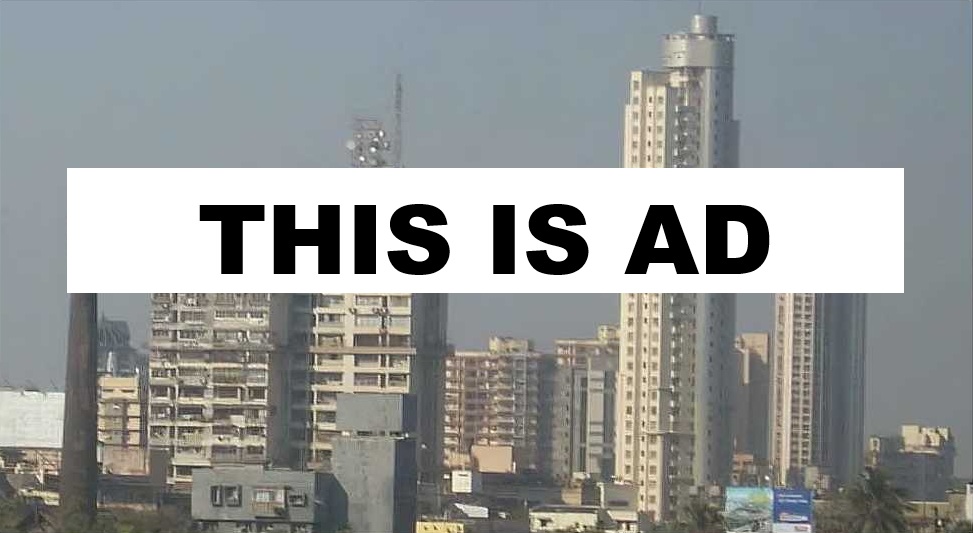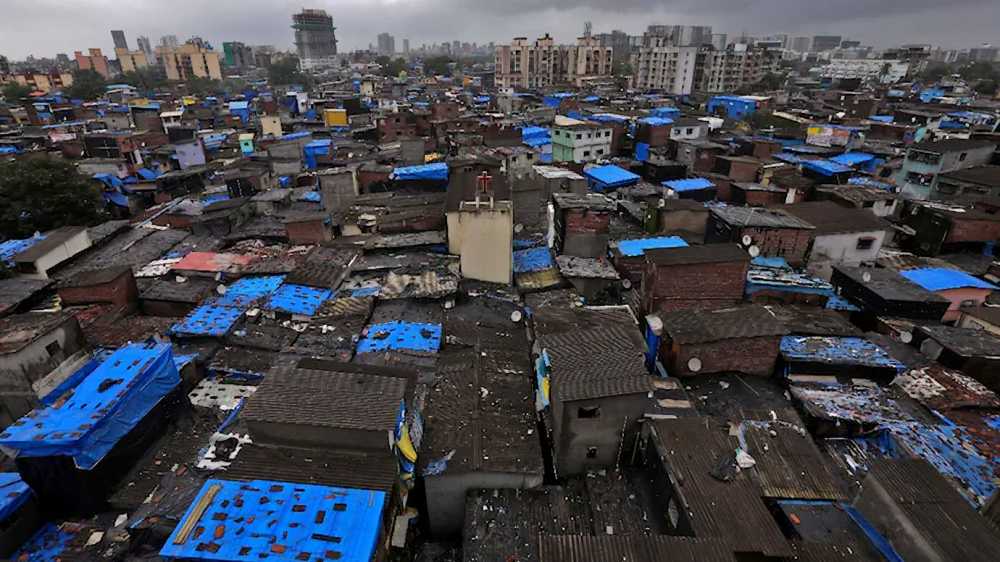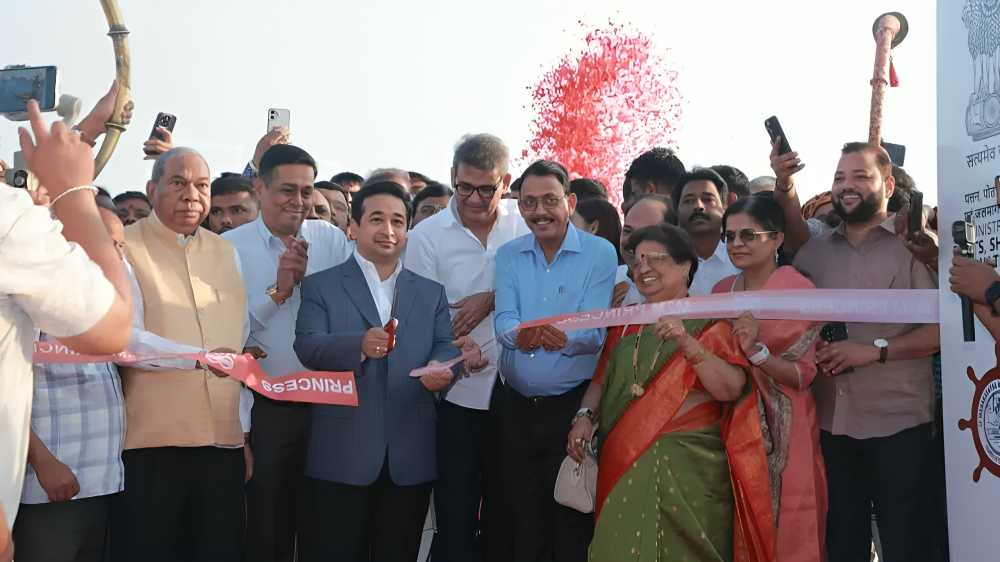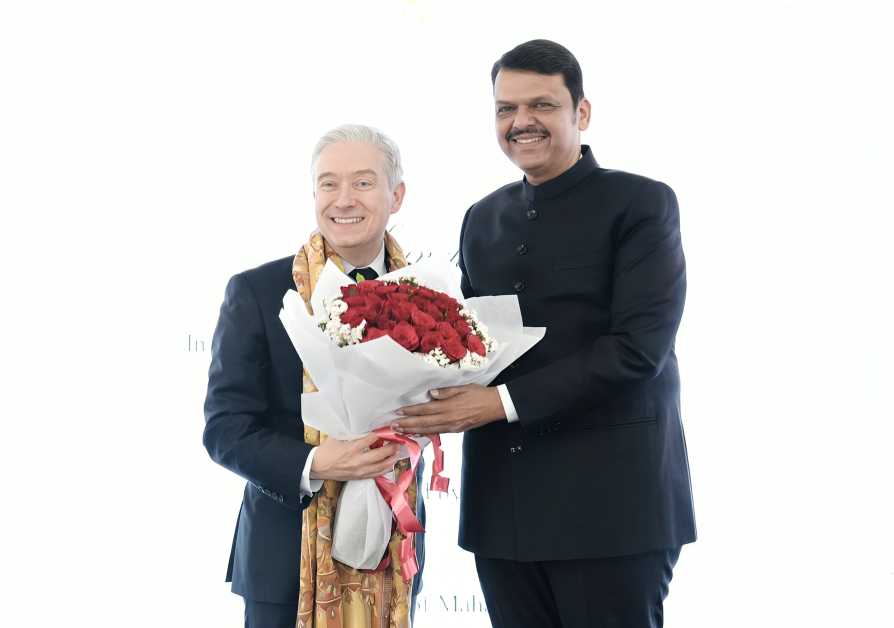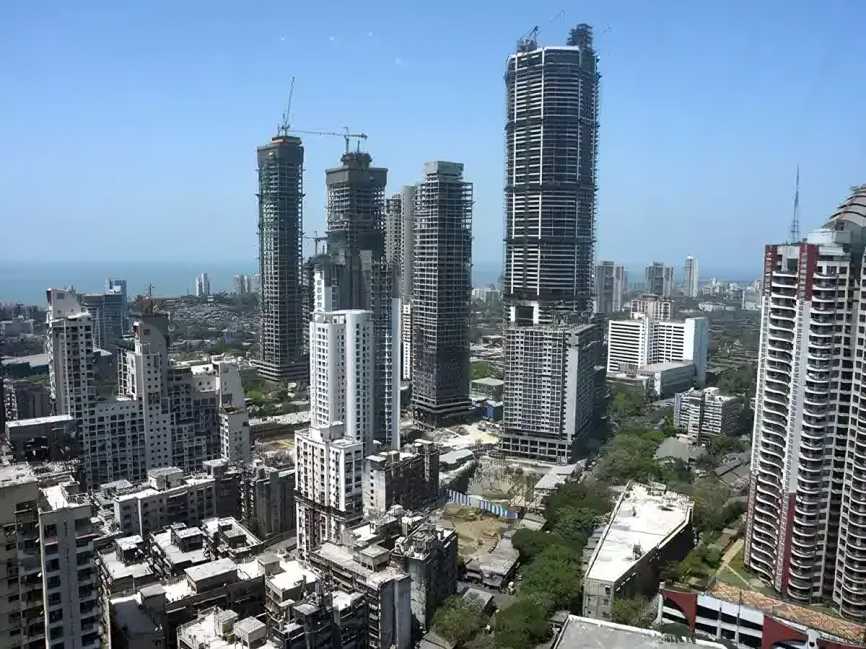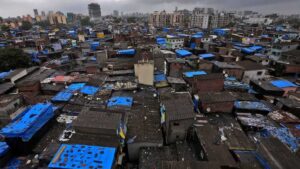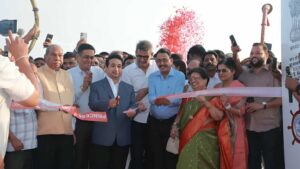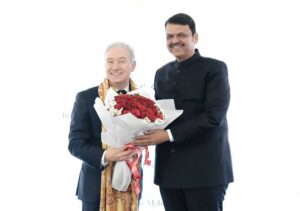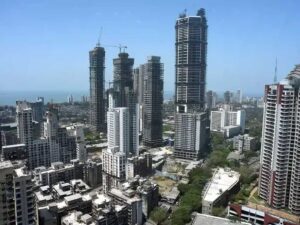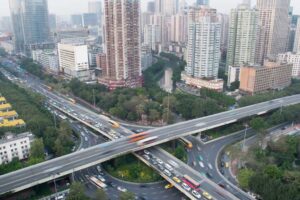August 7, 2025: Mumbai is moving forward with plans to integrate its suburban railway and metro networks at key junctions—Dadar, Andheri, Ghatkopar, and Kurla—to streamline transfers, reduce commute times, and promote inclusive and sustainable mobility for daily commuters.
The Mumbai Rail Vikas Corporation (MRVC), in coordination with the Mumbai Metro Rail Corporation (MMRC) and the Mumbai Metropolitan Region Development Authority (MMRDA), has begun joint feasibility studies and infrastructure designs. These focus on creating integrated interchanges using skywalks, travelators, and shared concourses to allow seamless movement between suburban and metro systems.
Priority is being given to hubs like Dadar, Kurla, Bandra, Andheri, and Ghatkopar, where suburban rail intersects with metro corridors. Authorities are referencing existing infrastructure at Andheri and Ghatkopar on Metro Line 1 as functional models. A joint coordination committee, chaired by MMRDA and including members from MRVC, Central and Western Railway, CIDCO, BEST, and other planning agencies, will oversee planning, design alignment, and execution.
The move follows growing commuter concerns about disconnected stations on newer metro lines, which often require inconvenient 200–300 metre transfers. “Existing metro lines—except Line 1—have been criticised for lacking direct railway connectivity,” officials acknowledged. Analysts stress that integrated hubs are crucial to encouraging a shift from private vehicles to public transit, cutting carbon emissions, and improving urban accessibility.
The initiative is part of the larger Rs 52,724 crore Mumbai Urban Transport Project (MUTP), with Metro Line 3 expected to become fully operational by August 2025. Ghatkopar already demonstrates success, with a new 12-metre-wide foot-over-bridge featuring escalators and a sky-deck for direct interchange.
A unified fare app—‘Mumbai One’—is under development, and global urban models are being studied to ensure inclusivity for women, senior citizens, and differently-abled users. Integrated infrastructure is seen as critical to making Mumbai’s urban commute more efficient, accessible, and environmentally responsible.
Source: Urban Acres




